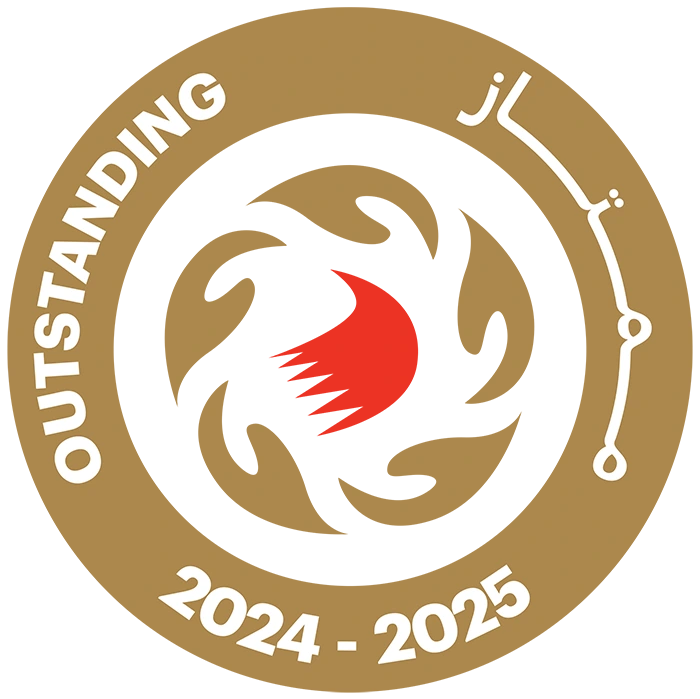Managing Sustainably
This course builds on the foundations laid by IOSH Managing Safely®. It helps businesses to understand that to be socially sustainable, they must cultivate social acceptance for their business activity – their social license to operate.
• Proactive organizations will discover how to develop a people-first culture, going beyond OSH compliance to engender a systematic approach to long-term sustainability.
• Integrated organizations will be able to move to the next level by linking good OSH practice to bottom-line impact. Benefits include greater customer loyalty and appeal to investors.
In this course, participants will learn techniques and methods to carry out social sustainability programs in their organizations.
They will learn that complying with health and safety legislation is just a first step. A modern business that wants long-term success must invest in its human capital – its workforce.
Managing Sustainably helps businesses to take that next step. It recognizes the need to put people at the heart of business strategy and planning.
Course content
The course covers the following topics.
- The meaning of sustainability, human capital and the three inter-dependencies.
- The United Nations Sustainable Development Goals (UN SDGs) and how OSH relates to them.
- The meaning of a culture.
- The core OSH principles.
- The importance of tracking performance to social sustainability.
- The importance of good management to social sustainability
Training Methodology
Presentations, classroom activities and discussions
Assessment
30-minute multi-format assessment, and an action plan
Certification
They will receive globally recognised, respected and certificated training that’s designed and quality-controlled by IOSH, the Chartered body for safety and health professionals.
